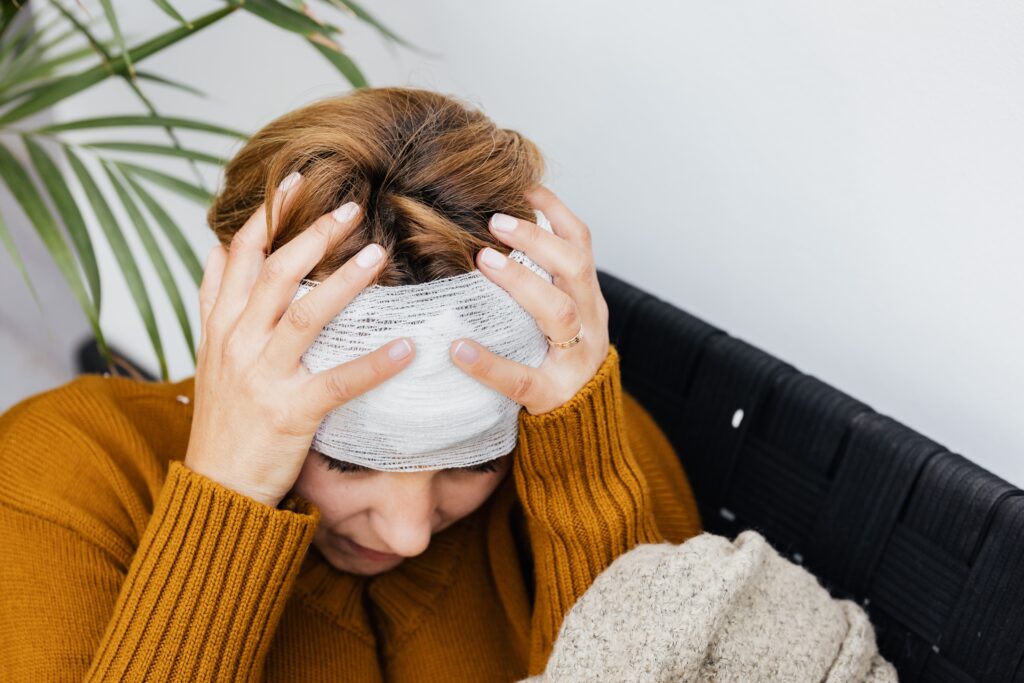The Importance of Preserving Evidence in Your Denver Personal Injury Case
When you’ve experienced a personal injury in Denver, preserving evidence is paramount to building a strong case. Evidence serves as the foundation for proving liability and demonstrating the extent of your damages. In this blog post, we will highlight the significance of preserving evidence in your Denver personal injury case. By understanding the types of evidence to collect, the methods to preserve it, and the benefits it provides, you can effectively support your claim and increase your chances of a favorable outcome with the assistance of an experienced injury lawyer in Denver.
Types of Evidence in a Personal Injury Case
In a personal injury case, various types of evidence can be crucial to establish liability and damages. These may include:
Medical Records and Bills: Documentation of your injuries, treatment received, and associated medical expenses.
Accident Reports: Official reports filed by law enforcement or other relevant authorities detailing the incident.
Witness Statements: Statements from individuals who witnessed the accident or observed its aftermath.
Photographs and Videos: Visual evidence capturing the scene of the accident, injuries sustained, property damage, or hazardous conditions.
Expert Opinions: Testimony from subject matter experts, such as accident reconstruction specialists or medical professionals.
Financial Records: Documentation of expenses related to your injury, such as lost wages, rehabilitation costs, or home modifications.
Preserving Physical Evidence
Preserving physical evidence is crucial, as it provides tangible proof of the accident and its effects. Consider the following steps to ensure its preservation:
Secure Property Damage: If applicable, keep the damaged property, such as a vehicle or defective product, in its original condition or take photographs before repairs or alterations are made.
Preserve Defective Products: If your injury is linked to a defective product, keep it in a safe place and refrain from using or modifying it further.
Retain Clothing and Personal Belongings: Keep any clothing, shoes, or personal items worn or used during the accident, as they may contain crucial evidence, such as bloodstains or impact marks.
Documenting Medical Evidence
Medical evidence is vital to substantiate the nature and extent of your injuries. Ensure the preservation of this evidence by:
Retaining Medical Records: Collect all medical records, including doctor’s notes, diagnostic reports, test results, and hospital discharge summaries.
Save Prescription Information: Keep a record of prescribed medications, dosages, and instructions given by healthcare providers.
Photograph Injuries: Take clear, well-documented photographs of visible injuries throughout the healing process to demonstrate their severity and progression.
Maintain Communication Records: Keep copies of all correspondence with medical professionals, including emails, messages, and appointment reminders.
Gathering Witness Statements and Accounts
Witness statements provide valuable testimony to support your version of events. Consider these steps when collecting witness statements:
Obtain Contact Information: Gather the names, phone numbers, and addresses of any witnesses present at the scene of the accident.
Promptly Contact Witnesses: Reach out to potential witnesses as soon as possible to ensure accurate and detailed recollections of the event.
Document Witness Statements: Either record witness statements or have them provide written statements outlining their observations of the accident.
Keep a Record of Witness Information: Maintain a detailed record of witness statements, including the date, time, and location of each statement.
The Benefits of Preserving Evidence
Preserving evidence in your personal injury case offers several key benefits:
Establishing Liability: Strong evidence supports your claim by establishing the other party’s negligence or liability in causing the accident.
Demonstrating Damages: Evidence helps quantify the extent of your injuries, resulting in fair compensation for medical expenses, lost wages, pain and suffering, and other damages.
Strengthening Negotiations: Having well-preserved evidence provides leverage during negotiations with insurance companies or the opposing party, increasing the likelihood of a favorable settlement.
Building a Solid Case: A comprehensive collection of evidence strengthens your case’s credibility and persuasiveness in court, should litigation become necessary.
When navigating your Denver personal injury case, it’s crucial to seek the guidance of a skilled personal injury attorney. An experienced attorney can offer invaluable assistance throughout the process. They possess in-depth knowledge of Colorado personal injury law, understand the local court system, and have the expertise to effectively gather and preserve evidence relevant to your case.
By working with a personal injury lawyer Colorado, you can ensure that all necessary evidence is identified, collected, and preserved in accordance with legal requirements. They can guide you through the process, advise on the best strategies, and advocate on your behalf to seek fair compensation for your injuries and losses.
Conclusion
Preserving evidence is crucial in any personal injury case, including those in Denver. The collection of various types of evidence, such as medical records, accident reports, witness statements, and photographs/videos, is essential for establishing liability and demonstrating the extent of damages. To effectively navigate the legal complexities and enhance your chances of a favorable outcome, it is advisable to seek the assistance of an experienced personal injury attorney in Denver. If you require reliable and dedicated legal representation, consider contacting Mr. Boyle at Boyle Law Firm in Denver. Mr. Boyle is a skilled personal injury lawyer with the expertise to guide you through the process and protect your rights. Remember, preserving evidence is a powerful tool that can significantly impact the success of your personal injury claim.
